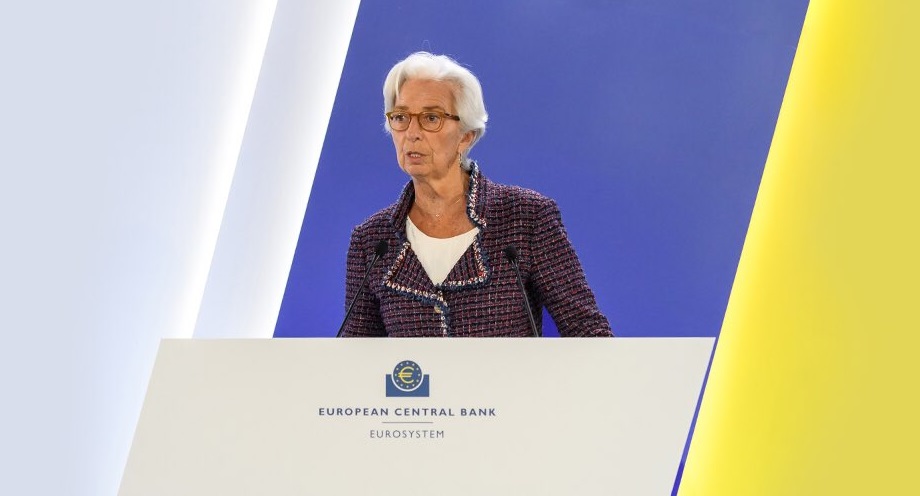ECB to Transition Corporate Bond Portfolio to Better Climate Performers
The European Central Bank (ECB) announced today a series of moves to further incorporate climate change considerations into its monetary policy framework, including actions to decarbonize its portfolio of corporate bond holdings over time, and to introduce climate-related disclosure requirements for collateral.
According to the ECB, the new measures aim to reduce financial risk to the Eurosystem balance sheet related to climate change, in line with the primary objective to maintain price stability. Additionally, the actions are designed to encourage transparency, and to support the green transition of the economy.
ECB President Christine Lagarde, said:
“Within our mandate, we are taking further concrete steps to incorporate climate change into our monetary policy operations. And, as part of our evolving climate agenda, there will be more steps to align our activities with the goals of the Paris Agreement.”
Under the ECB’s revised policy framework, the central bank intends to transition the Eurosystem’s nearly €350 billion corporate bond portfolio towards issuers with better climate performance, which will be assessed in terms of greenhouse gas emissions, carbon reduction targets, and climate-related disclosures. The process will be done gradually, through the reinvestment of redemptions over time. The ECB stated that it will begin publishing climate-related information on corporate bond holdings as of Q1 2023.
The changes will also affect the ECB’s collateral framework, which will limit the share of assets issued by entities with high carbon footprints that can be used as collateral when borrowing from the Eurosystem, and incorporate climate risk when considering reductions (or “haircuts”) applied to the value of collateral based on riskiness. Additionally, as of 2026, marketable assets and credit claims from debtors will only be accepted as collateral if they comply with the Corporate Sustainability Reporting Directive (CSRD), the EU’s upcoming sustainability reporting system.
The ECB also said that it aims take measures to enhance its risk assessment tools and capabilities to better include climate-related risks, and to improve the external assessment of climate risks. Initiatives to improve risk assessment and management will include engaging with rating agencies to enhance transparency on the incorporation of climate risks into their ratings, and establishing common minimum standards for national central banks’ in-house credit assessment systems to include climate-related risks in their ratings..
Lagarde said:
“With these decisions we are turning our commitment to fighting climate change into real action.”





